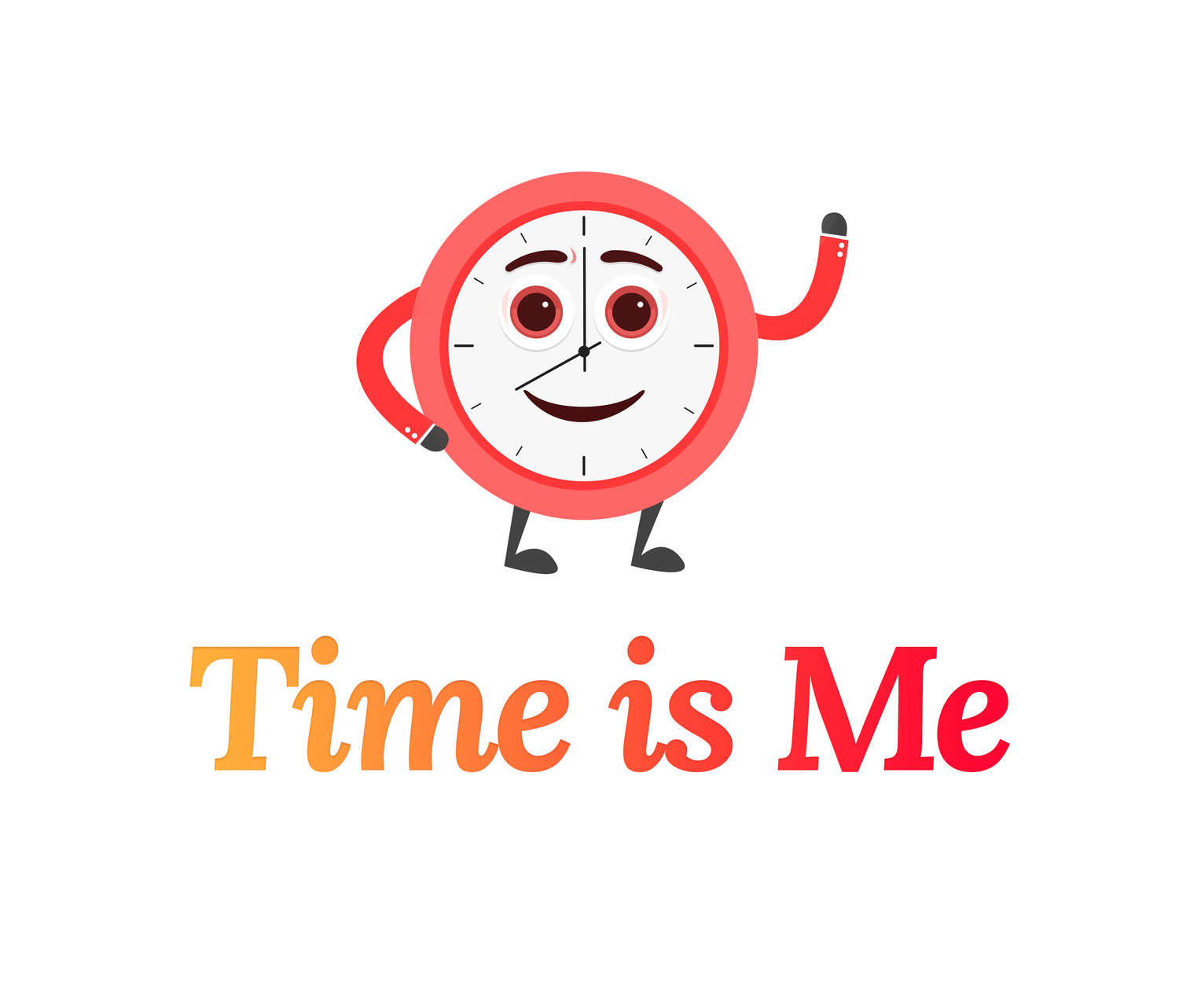We all have things that really frustrate us. I can definitely speak to this. One of the reasons things can be so frustrating is because every they are out of our control. That makes things extremely frustrating. A very common example that most can relate to is traffic and travel delays. Anything to slow you down from getting from one place to another is usually out of your control and is very frustrating. Another example is dealing with something that just doesn’t work. Perhaps you are using outdated technology that frequently goes down and has several limitations, maybe you are dealing with a printer that won’t print (we have all been there), or maybe you have an employee or a co-worker that doesn’t want to work. No matter what your situation is, the quickest path to frustration is doing something and expecting a result, but then not getting the desired result. Here are just a few ways that can help your deal with frustrations from causes outside of your control and to stop wasting time getting frustrated and angry and spend more time towards reaching your goal.
Accept it. This is something that you can’t control. The best thing you can do is accept it as reality and don’t get too worked up.
Talk to someone. When it is a situation outside of your control, as long as it is in someone’s control somewhere, you can find a way to tell them. You can talk to your boss or at least email with a concern that you have. Even when a product fails, you can contact support, and even write a review if it makes you feel better.
Be positive and helpful. Since getting frustrated and angry will not help you or those around you, it does you a lot of good to maintain a positive attitude and be helpful. Even in the case where the problem isn’t going to be fixed any time soon, you and those around will at least feel better. This is definitely advice I need to remember myself.
Be hopeful. In addition to being positive regarding the situation, be hopeful that it will get better and get fixed. We all have situations that are annoying and frustrating in our life and we will continue to have situations like this. It is a fact of life so we might as well be the most productive by hoping for the best yet still preparing for the worst.
Take a break and return to it later. Sometimes we can get stressed and overwhelmed by something and all we really need to do is to take a break from that frustrating activity and returning to it later. If you well rested and relaxed enough, you will return with a fresh mind and be able to tackle the task better. Even if it is outside your control, you can manage better with another try.
As we all have frustrating events in our lives that are out of control, we benefit greatly by calming down our minds and focusing on what we can do. Most of what we fear is out of our control and that can paralyze you to the point that you wont be getting anything done that you need to. I’ve been there also, I am speaking from experience on this and hope that you can relate as well. As always, thanks for reading.

